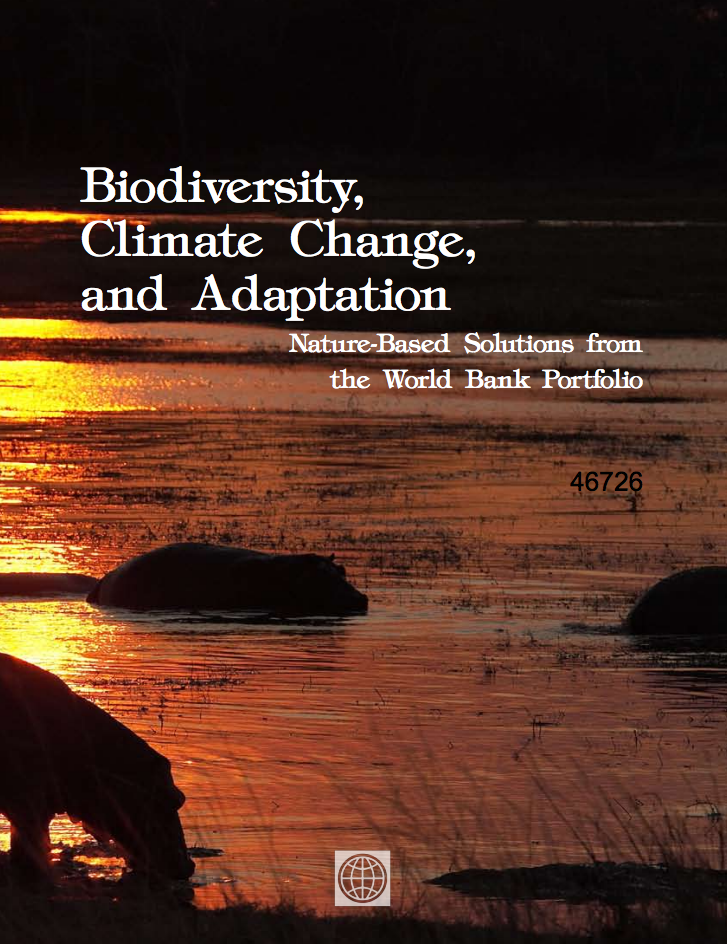Biodiversity, Climate Change, and Adaptation : Nature-Based Solutions from the World Bank Portfolio
Climate change is a serious
environmental challenge that could undermine the drive for
sustainable development. Since the industrial revolution,
the mean surface temperature of earth has increased an
average of 1degree celsius per century due to the
accumulation of greenhouse gases in the atmosphere.
Furthermore, most of this change has occurred in the past 30
to 40 years, and the rate of increase is accelerating, with


